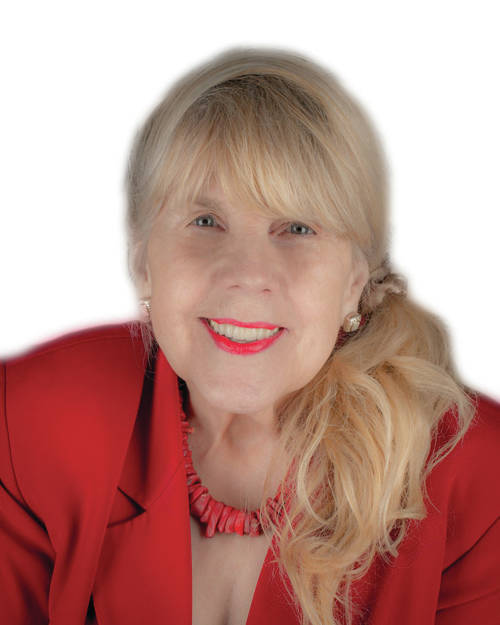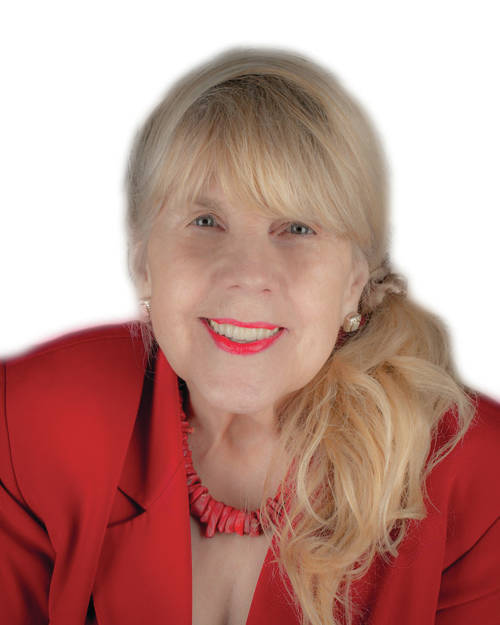

What if we had no journalists? How would we have a sense of our region, our state, our nation – much less the world at large? Is it important to be informed? Why? Why not?
How do we decide on the validity of the news we consume as well as the reliability of the methods of accessing it? Once we access it, do we have further obligations?
When a purveyor of “news” tells us that the Holocaust never happened and 6 million European Jews were not murdered or that Neil Armstrong did not walk on the moon’s surface in 1969 or that 20 children and six adults, as well as the shooter’s mother, did not die at Sandy Hook, what is our response? Do we shrug and say, “That’s his opinion and he has a right to it. This is America and we prize free speech.” What if we have heard this same “news” repeatedly from others in our cadre of friends and relatives? Do we continue to believe the lies even though facts are telling us otherwise?
I subscribe to my local paper, my regional paper, the Sunday edition of the New York Times, Time and Newsweek magazines, and the Chronicle of Higher Education. Additionally, I get daily news updates on my computer from the New York Times and watch an hour or so of television news each day from a variety of networks. I will admit that I’m not a fan of those familiar faces who want to interpret the news for me as they opine what this or that means or what is likely to happen next week.
Journalists must always be on the job as those whose stories they are covering make a statement one day, retract it within a few hours, and make charges of being misunderstood by journalists.
When I was a kid, no one had problems with using the word “lie” or “prevaricate.” And I knew not to lie. Was it because I learned at home and in school the aphorism attributed to Ben Franklin, “Honesty is the best policy.” This maxim originated in 1599 from Englishman sir Edwin Sandys, and Thomas Jefferson used it as well (Perhaps Jefferson should have claimed his children with his slave Sally Hemings after the death of his wife instead of our needing to wait for DNA to establish his paternity).
JFK’s medical condition and his sexual indiscretions would have been known by the world had technology been developed in the 1960s to the stage it is now. Today’s cameras, microphones, the internet and social media should tell everyone with an ounce of good sense that there is no way to hide what you write, what you say, or what you do. Apart from any ethical/moral imperative, there’s a pragmatic reason to be honest.
We’ve come to expect lies from those in the spotlight, but occasionally one of these persons disappoints us. OSU head football coach Urban Myer is the latest on my list.
Back to the journalists’ work I read and why. For my local paper, I want to learn about the events in my area, the criminal activities, the health department’s inspections of restaurants, the social news, the lists of persons available to do all the jobs essential to keep my house from falling down around me.
My regional newspaper gives me the national and international news I seek to know about as well as critiques of the region: the opioid crisis, the state of schools, homelessness, health care initiatives and other areas that deserve more than a passing glance. I like that my newspaper identifies the columnists as writing from the right or the left.
Time and Newsweek magazines expand on the regional newspapers, and the New York Times Sunday edition forces/encourages me to explore areas that I would normally ignore such as fashion and travel while giving me in-depth analyses of political issues with a vocabulary level that at times challenges me. The Times also acquaints me with issues that I don’t normally see in my other readings, issues in a sophisticated urban area. My daily updates from them on my computer keep me current in terms of who is on first and who has just stolen third base.
The Chronicle of Higher Education gives me national viewpoints on a host of areas such as women in academia, student services initiatives, and recent research in higher education.
Do I trust those who are writing what I read? Yes. I might disagree with them, and that’s fine. Do they make mistakes? Yes, and they correct them.
In conclusion, as I reviewed my most recent copy of The Associated Press Stylebook and Briefing on Media Law 2018, with its new and modified entries, I confirmed, again, that I trust these journalists. They embrace ethical standards and use their intellect and writing abilities to keep me informed about the world.
Postscript: Social media is a totally different animal, and those interested in exploring the veracity of these sites might begin by reading Katy Steinmetz’s article “The Real Fake News Crisis” in the Aug. 20, 2018, issue of Time.
Comments: [email protected]





